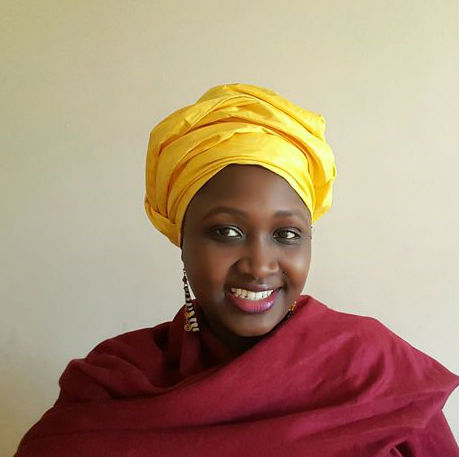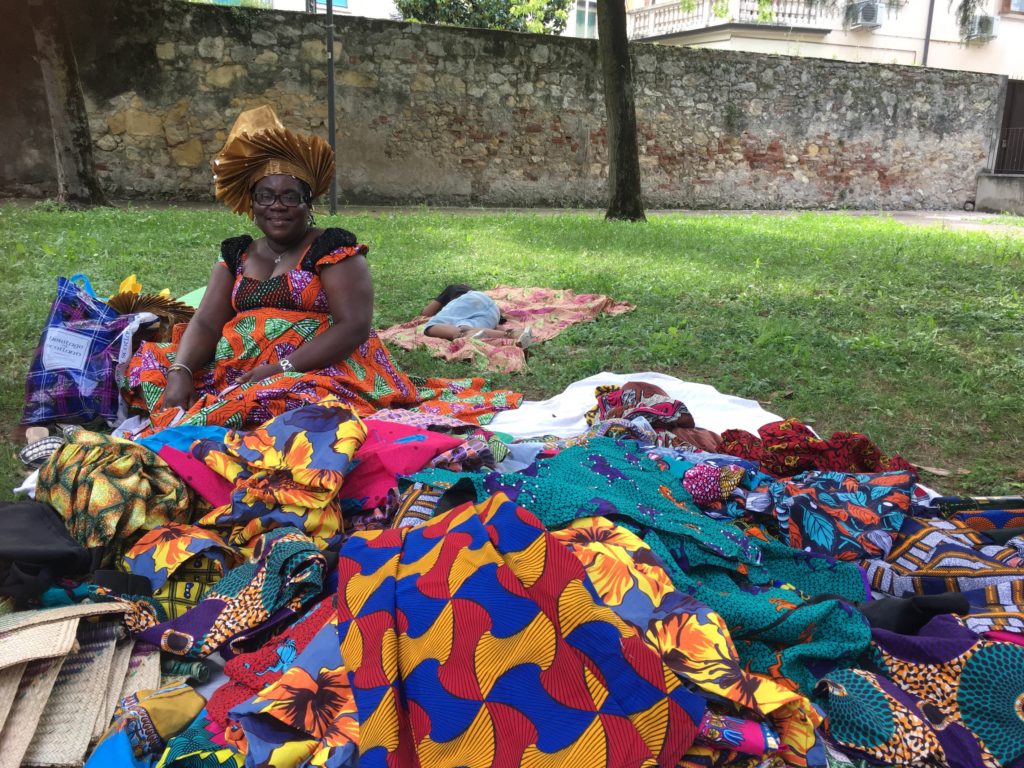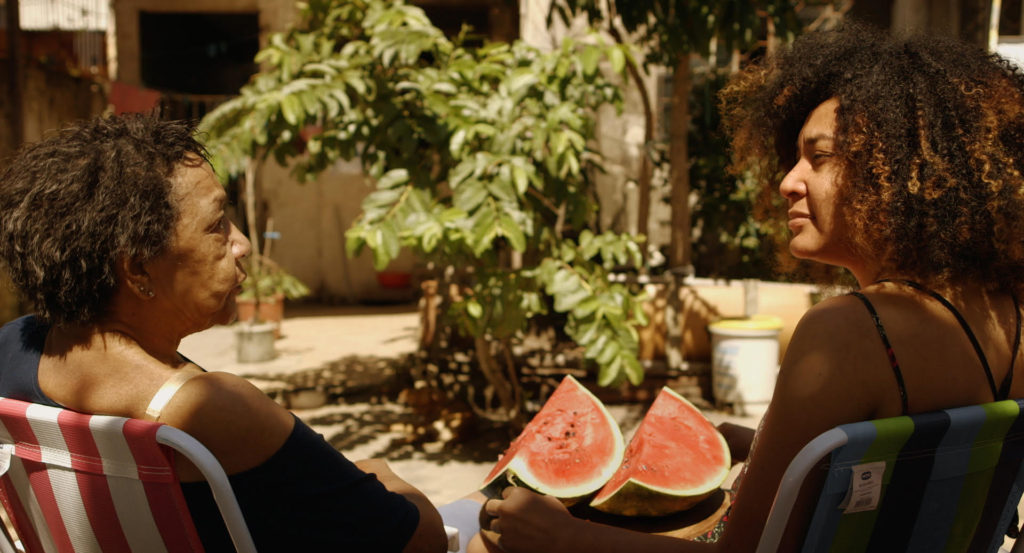Despite being illegal, female genital mutilation (FGM) continues to harm migrant women in the UK. Survivors and advocates emphasise the urgent need for stronger measures to tackle this severe form of sexual violence and prioritise survivor-focused support.
Written by Sonia Sarkar
Edited by Vicky Gayle
Warda Mohamed was 12 years old when she flew from London to Somaliland, with her parents during the school summer holidays. It was her first visit to the autonomous region of northern Somalia since the civil war had ended in 1991. Her father insisted she must meet his elderly mother and learn the culture and language of her homeland. Warda was becoming “too Westernised” in his eyes and a cultural gap was growing between them.
She did not know she would be subjected to female genital mutilation (FGM) — which the World Health Organization (WHO) says involves “partial or total removal of the external female genitalia, or other injury to the female genital organs for non-medical reasons”.
During a visit to her paternal grandparents’ house, she was held down by her aunts and other women, who removed her clitoris — typically associated with Type 1 FGM. They had no medical training and used no medical equipment, Warda, 37, recalled.”My mind has blocked out much of the memory,” she said.
Warda had no idea what FGM was and believed she had been raped since her mother taught her rape was the only form of sexual assault — but in school, she had learned about consent and bodily autonomy as part of relationships and sex education.
“This is why it was so confusing and painful to understand why this was allowed to happen to me. I called Childline a year later, and they didn’t even know what FGM was. That experience was heartbreaking as it felt like no one cared or understood, which only intensified my sense of isolation.”
Her father’s family insisted being cut was for her own good and that she should not complain because the “most minor” version of FGM was performed on her.
“When I returned to the UK, I acted as though nothing had happened and never told anyone, but also no one noticed while I was getting lost in my own trauma.”
She added: “I came back a completely different person because of what was done to me. I lost my innocence in a way I couldn’t articulate at the time.”

Patriarchy and gender inequality played a central role in subjecting Warda to this form of “sexual assault”. All pleas by her mother to stop the procedure were ignored. Her mother was born in Djibouti, approximately 350 miles away from her father’s homeland of Hargeisa, so she was treated like an “outsider”.
“My mother did all she could to protect me, and because of her efforts, I only endured the minor version of FGM, but the trauma has left deep scars,” Warda said.
With her father’s consent, Warda’s “misogynistic” paternal uncle insisted she must undergo the procedure because he presumed her life in the UK had made her too outspoken. FGM was used as a “weapon” to control her and her mother.
“It was driven by his personal beliefs, not culture, religion, or concern for my wellbeing”.
In adulthood, Warda has had many difficult conversations about what happened with her mother. “I harboured a lot of resentment, feeling she hadn’t protected me. However, the pain she saw in me gave her the strength to prevent my younger sister from experiencing any form of FGM,” she said.
Channelling trauma into activism, Warda founded Lasting Support Services in 2021. It is a non-profit that advocates against FGM and other forms of violence against women and girls while giving them access to culturally relevant care from professionals with lived experience of childhood trauma. So far this year, Lasting Support Services has helped 112 families in London.
“We offer the support we [the staff] needed when we were young.”
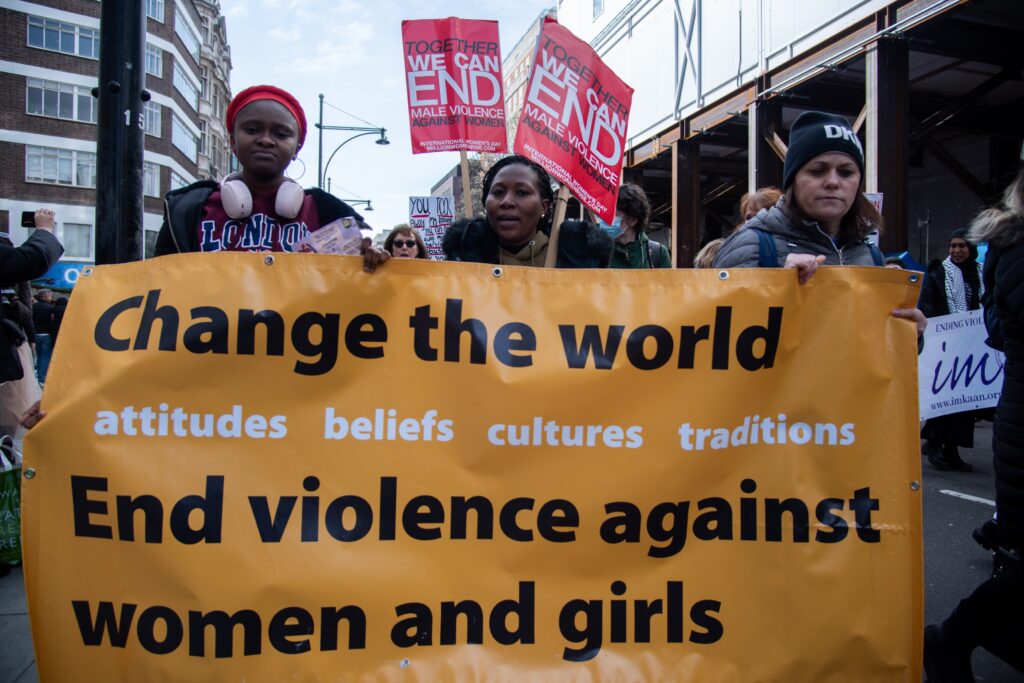
FGM Explained
There are four types of FGM, ranging from removing a woman’s clitoris to all other harmful procedures for non-medical purposes. FGM has many serious health risks, both mental and physical, including recurrent infections, chronic pain, complications during childbirth, sexual dysfunction, post-traumatic stress disorder and depression.
Many communities, including Christianity, Judaism and certain sects of Islam, believe it is important for women to be cut to uphold family honour and tradition. However, survivors, activists and gender experts emphasise that FGM equates to sexual violence and should not be referred to as a religious or cultural practice.
Globally, more than 230 million girls have largely been subjected to this form of gender-based violence across Africa, the Middle East and Asia. It generally happens between infancy and age 15. Whilst it might seem like a faraway problem, girls in the UK also undergo FGM, despite it being illegal in the country since 1985. Taking children abroad for FGM has been a criminal offence since 2004 in England, Wales and Northern Ireland. Scotland has a separate Prohibition of Female Genital Mutilation (Scotland) Act, which also criminalises acts committed by UK nationals outside of the UK’s borders.
Some 37,525 women and girls subjected to FGM were seen by NHS services in England between April 2015 and March 2024. When the NHS knew the location, it had occurred: 5% of cases were in the UK, 11% in Asia and 83% in Africa.
“The exact prevalence is difficult to determine due to underreporting and the secrecy surrounding the practice,” Valerie Lolomari, founder of the FGM survivor-led organisation Women of Grace UK, said.
“However, the NHS and other organisations regularly encounter girls and women who have either undergone FGM or are at risk, especially in areas with large populations from affected countries.” These include London, Birmingham and Manchester — English cities where larger populations from FGM-practising countries reside, Valerie added.
A 2017 study found that outside of London, the highest prevalence rates, ranging from 12 to 16 per 1,000 women and girls, were found in Manchester, Slough, Bristol, Leicester and Birmingham. Other authorities, including Milton Keynes, Cardiff, Coventry, Sheffield, Reading, Thurrock, Northampton and Oxford, had rates of more than 7 per 1,000.
Psychotherapist Dr Leyla Hussein, global advocacy director for a consortium called The Girl Generation: Support to the Africa-led Movement to End Female Genital Mutilation/Cutting, explained that it is typically done discreetly at people’s homes and at cosmetic surgery clinics, where some have argued the lines are being blurred between labiaplasty — consented reconstructive surgery that changes the appearance of the vulva — and FGM.
Leyla has found the Type 1 procedure is increasingly performed on migrant women in England. In some cases, the clitoral hood, the fold of skin around the clitoris, as well as the clitoris itself, is removed. Leyla also stressed that FGM should not be labelled as a “cultural and traditional practice” and instead be called what it is: “Serious sexual assault against children”.
“a deeply misogynistic form of abuse”
Research titled “What makes a woman? Understanding the reasons for and circumstances of female genital mutilation/ cutting in Indonesia, Ethiopia, and Kenya” stated that FGM is “practised as a pre-requisite to marriage or childbirth, to control the sexual desire of women, as a marker of cultural identity, as part of a puberty rite, for religious reasons, to guarantee social acceptance, for reasons of hygiene, and to safeguard a woman’s virginity.”
Leyla echoed some of those points. She said migrant families can feel more of a need for their daughters to undergo FGM if they are growing up in the UK because it is regarded as a marker of their “identity”.
“They fear they will lose their ‘culture’ while living in the northern hemisphere of the globe,” she said.
Warda is also a community ambassador for The Vavengers, a UK-based female survivor and migrant-led organisation committed to ending female genital mutilation/ cutting (FGM/C) and all other forms of gender-based violence. She said calling FGM a “cultural problem rather than a deeply misogynistic form of abuse” hinders progress in addressing the root causes of this violence.
In the UK, you can apply for a protection order if you or someone you know is at risk, but that may lead to severe social repercussions, including being rejected by one’s family or being an outcast for speaking up. Like Warda, many girls are forced to travel to their home country, especially during the summer holidays — or “cutting season” as it is often called— for FGM to happen.
Naana Otoo-Oyortey, executive director at the Foundation for Women’s Health Research and Development (FORWARD), an African women-led organisation working to end violence against women and girls, said families feel a lot of pressure from their communities to follow the custom and what they regard as a religious practice.
She said: “In some communities, FGM is seen as a religious obligation; therefore, engaging with religious leaders to spread awareness about the legislation is key for us.”
A 2017 report of the UK-Government funded project “Working effectively with faith leaders to challenge harmful traditional practices” also emphasised the need to engage with faith leaders, but acknowledged needing to counter some of the existing beliefs and practices they support. In some African countries, the involvement of religious leaders and faith institutions has helped to reduce incidences of FGM. In Timbuktu, public health data indicated the FGM rate was reduced from 42% in 2016 to 34% in 2017 after including religious leaders in community initiatives.
Naana’s FORWARD also trains women as advocates to spread awareness of FGM within the community, including at events like weddings.
Efforts have also been made at an institutional level in the UK to stop FGM. The Government’s commitment to ending FGM is embedded in the Tackling Violence Against Women & Girls strategy published in July 2021.
Colour-coded stickers were installed in toilets at Birmingham Airport in 2018, instructing someone to call 101 if they believe they are at risk of FGM, trafficking or modern-day slavery. By telling the operator what colour their notice is, it ensures the person in the correct cubicle receives help. Two years earlier, Operation Limelight saw Greater Manchester police and their partners raise awareness of FGM with passengers travelling through Manchester Airport.

Lack Of Prosecution
However, there have been just three convictions under the Female Genital Mutilation Act in 2019, 2023 and 2024.
Emad Kaky, 47, from Swansea, Wales, was jailed for four-and-a-half years in October for conspiracy to commit FGM and forced marriage in what was described as a “landmark prosecution” by the Crown Prosecution Service. The court heard that Kaky had arranged for the child to travel from the UK to Iraq, where she would have been subjected to FGM and forced into marriage. He denied the charges.
Some women’s groups claimed the conviction sends a “powerful message” that FGM is a violation of human rights and will not be tolerated.
Last year, Amina Noor, 39, from Harrow in north-west London, was convicted of assisting a woman to carry out FGM on a three-year-old girl in 2006, who had her clitoris removed whilst on a trip to Kenya. The crime was reported when the girl was 16 and confided in her English teacher at school.
Sema Gornall, chief executive of The Vavengers, believes the biggest problem is there have been too few convictions under the Female Genital Mutilation Act, leading to abusers continuing to commit the crime.
Part of the problem is getting information about potential victims, gathering enough evidence for a conviction, and professionals being unaware of their legal responsibilities and scared to broach the issues with families. At the time that FGM takes place, many victims may be too young, too vulnerable or too afraid to report offences to the police. Additionally, victims may not wish to report their parents or carers to the authorities, particularly when the cultural pressure linked to FGM is so strong.
It became legally mandatory in 2015 for regulated health and social care professionals and teachers in England and Wales to report any concerns they have about a female under 18 surrounding FGM to the police. A duty of mandatory recording for acute NHS Trusts and GPs was also introduced for diagnosed cases of FGM in girls and women of any age. But there is often a huge gap between the time when a girl undergoes FGM to the time she attends a maternity or obstetric clinic years later as an adult, the NHS says.
Midwives also need improved knowledge and training to improve care for women who have experienced FGM, studies have shown.
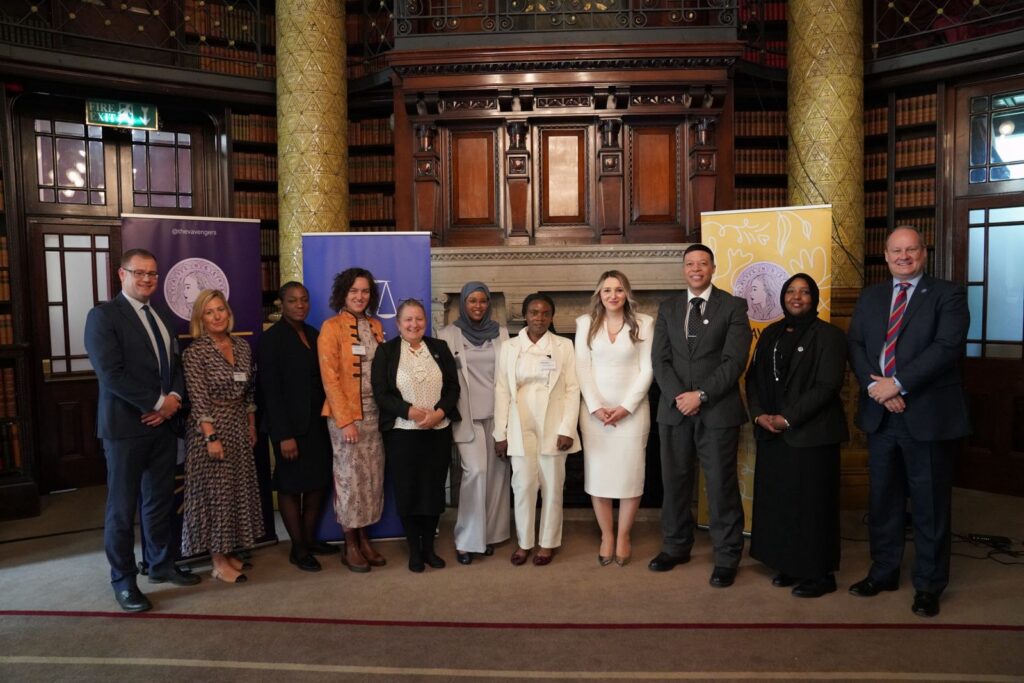
Moving Forward
The answer to ‘What next?’ sits firmly with frontline professionals, Valerie, of Women of Grace UK, told Migrant Women Press. Healthcare workers, social workers and teachers must be better trained to identify and report at-risk individuals, she said, to ensure existing laws are enforced and perpetrators face justice.
Sema also emphasised the need to “strengthen our healthcare system, social and policing services to protect survivors and women and girls at risk to end this form of abuse.”
The charity is leading the One Question Campaign, calling for three simple changes to address these systemic failures: for every woman to be asked if she has been subjected to FGM via an NHS digital survey, for reconstructive surgery to be provided to survivors who need it, and to provide specialist mental health care at FGM clinics.
“When all women are asked this question, it will remove the bias about this important issue, and more survivors will be able to receive support services by referrals to critical services, such as FGM specialist clinics and charities providing support to survivors,” Sema said.
Feature Image by Olayinka Babalola at @Unsplash
If you or someone you know is in immediate danger or in need of urgent protection, call the police on 999.
For more info on where to find help, click here.
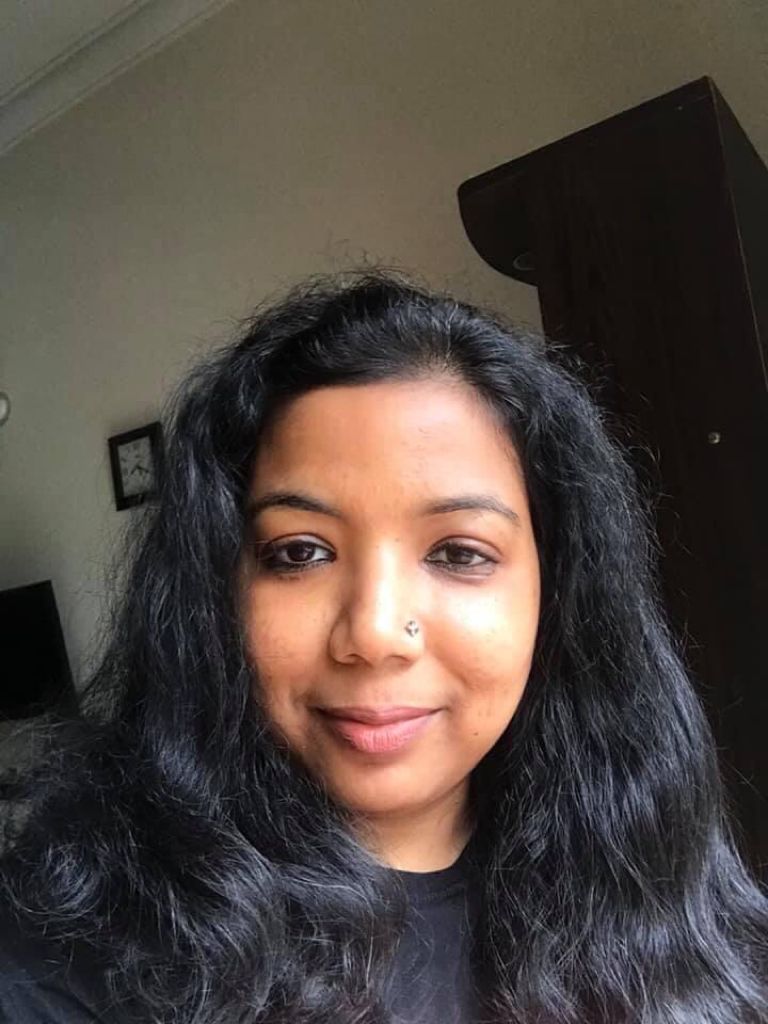
Sonia Sarkar is an independent journalist. She writes about religion, conflict, and gender in different parts of the world. Her bylines have appeared in the British Medical Journal, South China Morning Post, Religion Unplugged, DW and Al Jazeera, among others.

